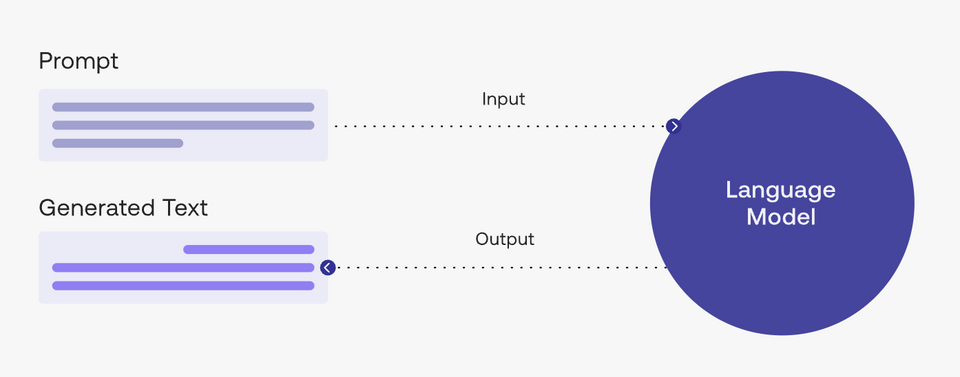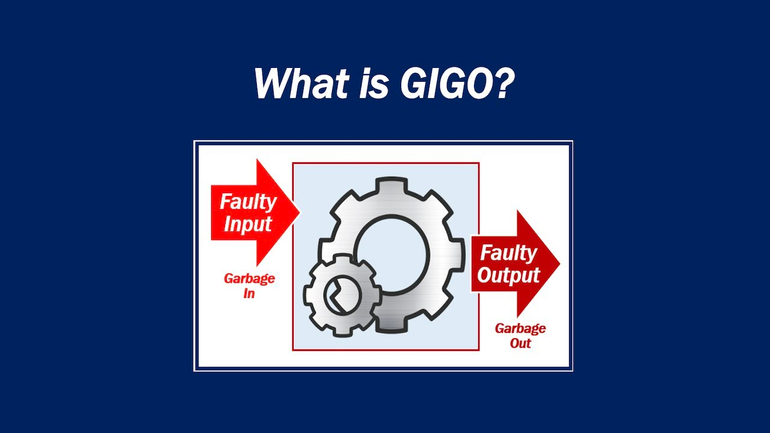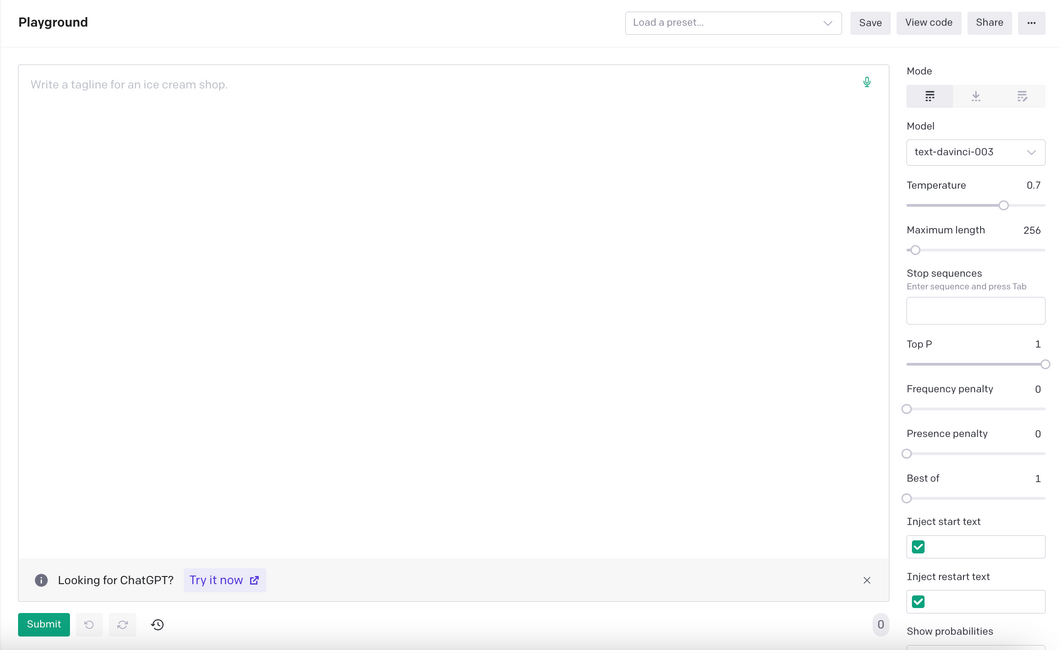Create unique Programming with ChatGPT
Search and store tool for Chat GPT Prompt
Create unique and engaging Programming with ChatGPT, a pre-trained language model by OpenAI for generating high-quality and accurate content.
Best partitioning or sharding strategies for large-scale database queries: SQL or NoSQL queries
Suggest partitioning or sharding strategies for the following large-scale database query: [SQL or NoSQL query].
Identifying Inefficiencies in Database Schema for Query Performance Optimization
Identify any inefficiencies in the given database schema that may be affecting query performance: [schema description].
Optimizing a NoSQL Query for Better Performance and Resource Usage
Optimize the following NoSQL query for better performance and resource usage: [NoSQL query].
Optimizing SQL query performance by replacing subqueries with JOINs
Rewrite the following SQL query to use JOINs instead of subqueries for improved performance: [SQL query].
Effective Indexing Techniques for Optimizing SQL Queries
Suggest indexing strategies for the following SQL query: [SQL query].
Analyzing SQL Query for Potential Bottlenecks: A Guide to Optimize Database Performance
Analyze the given SQL query for any potential bottlenecks: [SQL query].
Optimizing SQL Query for Better Performance: Tips and Techniques
Optimize the following SQL query for better performance: [SQL query].
How to Create a Quick-Start Guide for [Language] Library with Code Snippet for Easy Setup
Produce a quick-start guide for using the following [language] library: [code snippet].
Opinion Generator Function for Language Code Snippets: Expected Input and Output
Document the expected input and output for the given [language] function: [code snippet].
Tips for Generating Usage Examples for [Language] API: [Code Snippet]
Generate usage examples for the following [language] API: [code snippet].
How to Create a Concise API Reference for a Programming Language Class
Create a concise API reference for the given [language] class: [code snippet].
Keyword Extraction: Extracting Meaningful Words from Text Sample
Perform keyword extraction on the following text: [text sample].
How to Extract Named Entities from Text Sample: Step by Step Guide
Extract named entities from the following text: [text sample].
Assessing [Language] Code Performance and Providing Optimization Suggestions
Assess the performance of the following [language] code and provide optimization suggestions: [code snippet].
Evaluating Code Modularity and Maintainability: A [Language] Code Snippet Analysis
Evaluate the modularity and maintainability of the given [language] code: [code snippet].
Improving Error Handling in Language Code: Suggestions and Enhancements
Check the following [language] code for proper error handling and suggest enhancements: [code snippet].
Analyzing Coding Style for [Language]: [Code Snippet], Tips and Techniques
Analyze the given [language] code for adherence to [coding style guidelines]: [code snippet].
Reviewing and Suggesting Improvements for Language Code Snippet: Best Practices
Review the following [language] code for best practices and suggest improvements: [code snippet].
Reviewing Language Code for Security Vulnerabilities
Review the following [language] code for any security vulnerabilities: [code snippet].
How to Check for Race Conditions and Concurrency Issues in [Language] Code: A Guide
Check for any race conditions or concurrency issues in the given [language] code: [code snippet].
What is “prompt engineering”?
A “prompt” is the input that guides a generative AI model to generate useful outputs. Generative AI tools like ChatGPT, GPT, DALL·E 2, Stable Diffusion, Midjourney, etc. all require prompting as their input.

In a natural language processing (NLP) context, “prompt engineering” is the process of discovering inputs that yield desirable or useful results. As is the story with any processes, better inputs yield better outputs; or commonly said another way “garbage in, garbage out.”


Become a prompt researcher instead of engineer
- If you’re already a subject matter expert in something, consider figuring out how to apply your personal skills to generating the best prompts in your field
- For example, if you’re an expert in SEO, what questions do you ask yourself when creating SEO strategies? How can you translate this knowledge into better prompts to generate the same level of output with AI?
Become a prompt researcher instead of engineer
- The term prompt engineer glosses over the idea that prompt formulation takes hypothesizing, research, result measurement, and repetition. Instead, approach prompting like a research project.
- Try as many different variations and formulations of your prompt as possible. One problem can have hundreds of solutions and one solution can have hundreds of approaches. The same can be said of prompting.
